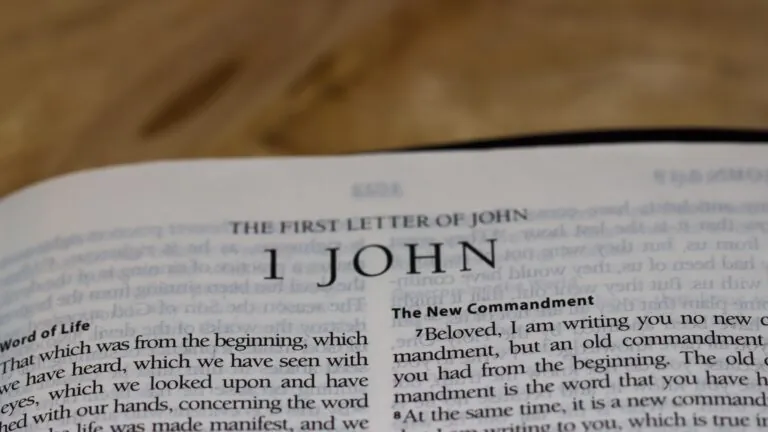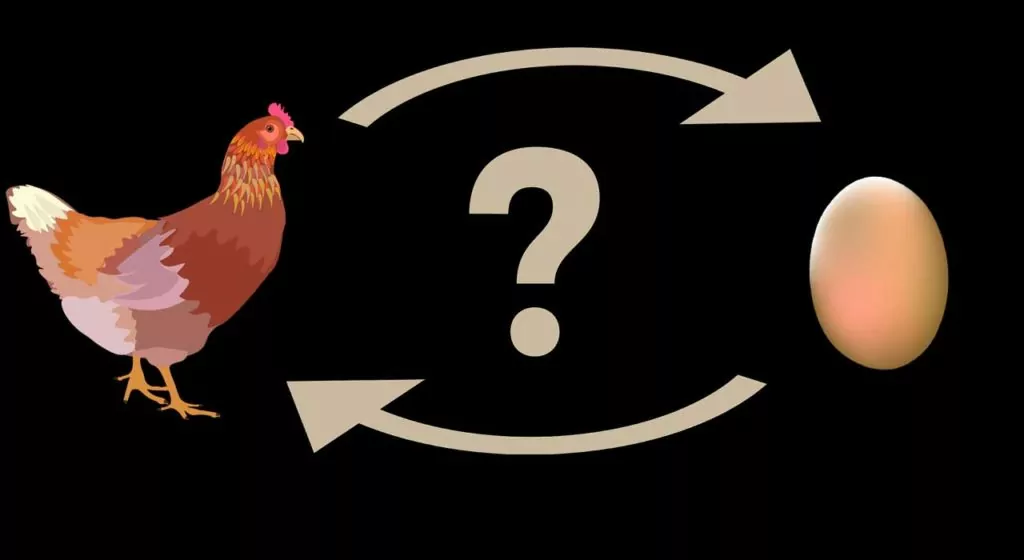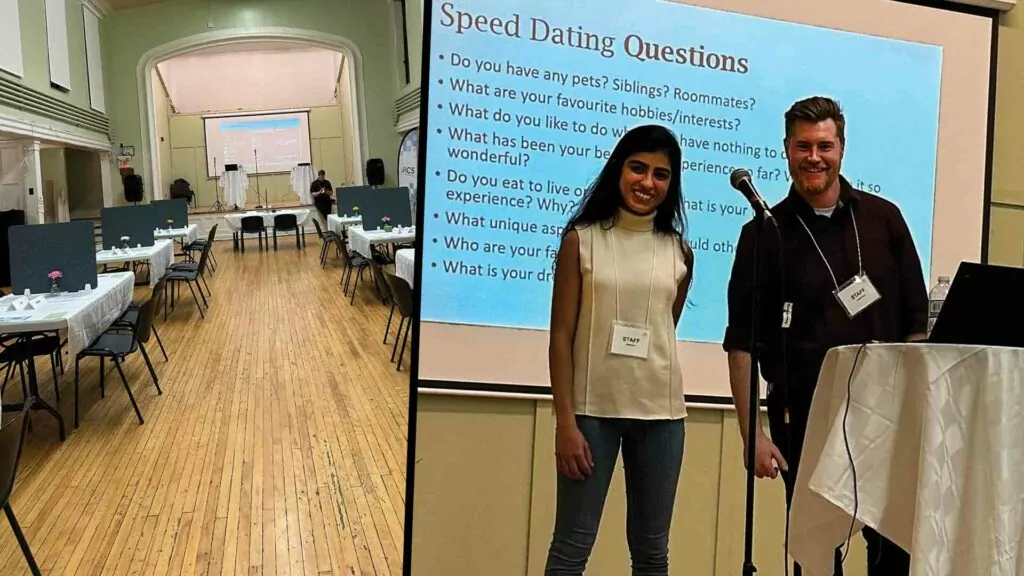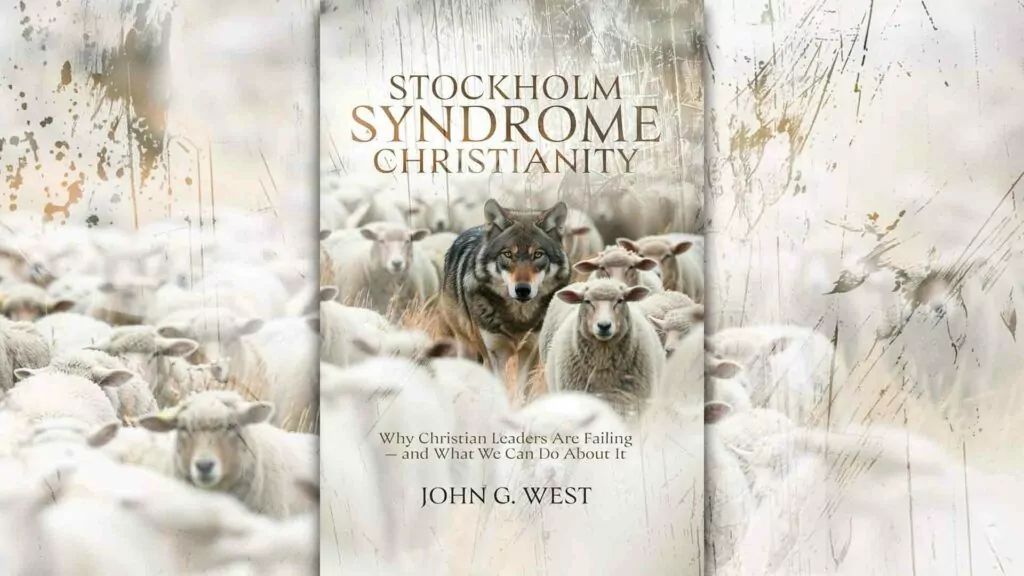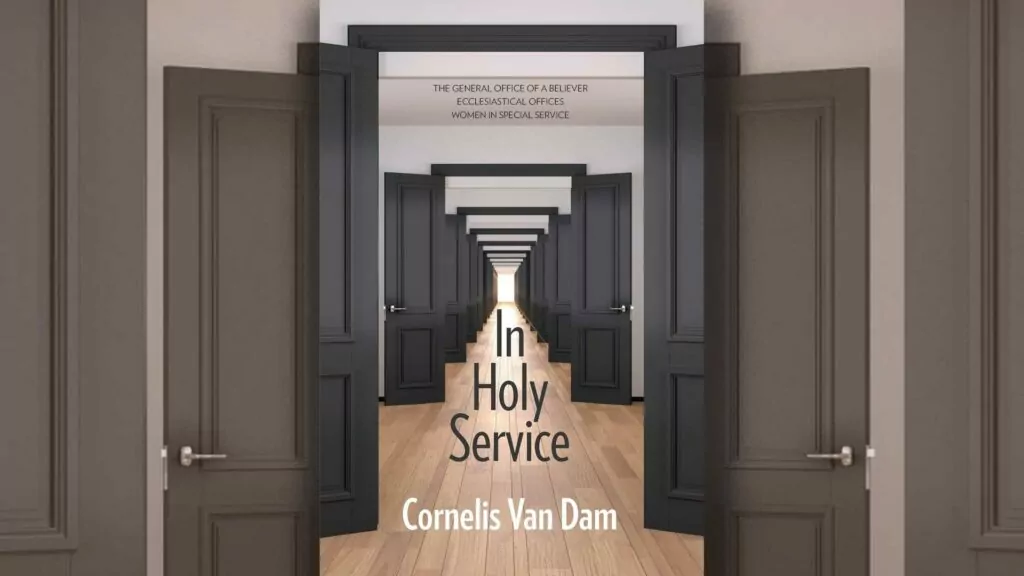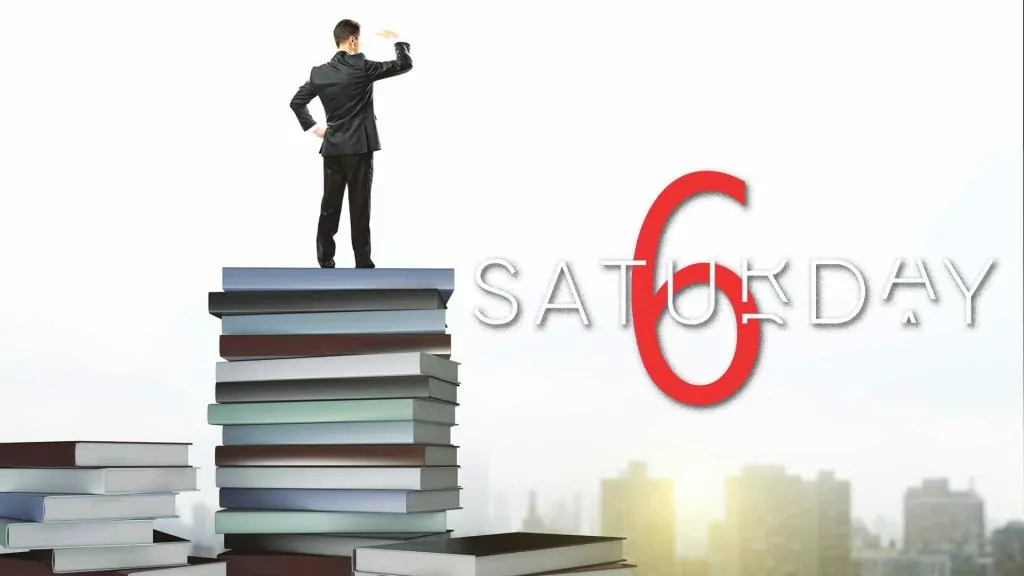How letters mingle souls
"Sir, more than kisses,
letters mingle souls,
For thus, friends absent speak.
– John Donne (1572-1631)
When my father courted my mother, he wrote her sonnets in Dutch, German, English and French. Amazing! I think she was truly impressed and also touched by the fact that he took the time to do this especially for her.
The personal touch
I do not know a great many people who still write letters, let alone sonnets, to dear ones to express their feelings of love, appreciation and other issues. Letter writing seems to be a lost art. When we first immigrated from Holland to Canada, it was a happy day when an overseas blue vellum envelope was delivered by the mailman through the mail slot in our door. I can vividly recall my mother's happy face as she opened such a letter, avidly reading the news that my maternal grandmother sent her across the ocean. I also retain the memory of sitting around the luncheon table, home from school for an hour or so that first year in Canada, while my father read family bulletins in the form of letters from aunts and uncles to all of us – so that we would not forget the family we left behind.
I can't think of anyone who does not enjoy receiving a card or letter with some encouraging words, some personal sentence, written next to the text. But truthfully, I can think of very few who actually put pen to paper to communicate such things. Yes, there is e-mail, but you cannot hold an e-mail in your hand. You cannot fold it up and put it in your pocket or purse, or lay it on your night table next to your bed to reread at your leisure before going to sleep. E-mail, although it is an easy way to correspond, has a certain amount of machine-feel to it, a good dose of impersonal touch. The flick of a button can send the exact same greetings to others besides yourself. An e-mail is simply not as individual as that letter which arrives in your mailbox addressed to only you.
Actually, I remember a funny anecdote in which a teenage nephew of mine was so infatuated with a pretty face that he sent her a long letter in which he declared his undying devotion to her. In the epistle he detailed the girl's pretty cheeks, eyes, eyebrows, hair, and so on. On that same day he penned a letter to my father, his grandfather, telling him about his studies at medical school, his progress with those studies, and so on. When he got around to mailing these two letters, however, he put the wrong address on the envelopes. The girl received the letter intended for my father, and my father received the letter intended for the girl. I think I've never seen my father laugh so hard, and he certainly lost no time in phoning his grandson to tell him he was very touched by the fact that his elderly face was held in such high esteem.
Seriously, to write something by hand forces one to think carefully and sincerely. You can't erase what you have written without making a bit of a mess. Scratching out words or sentences can create unsightly black blobs. Consequently words should be wisely chosen while reflecting on needs and encouragement needed by the recipient. Writing by hand makes one think carefully, slowly, and forces you to build relationships with others. More than anything else they remind the one receiving the letter that you are thinking of them, possibly praying for them and loving them. Letters, written in the right spirit, have an amazing ability to console, strengthen, and soften hearts that might have contained bitterness towards the world and God.
Martyn Lloyd-Jones: loving, letter-writing husband
One of my favorite preachers, although he died a great many years ago, is Martyn Lloyd-Jones (1899-1981). Strongly opposed to liberal theology, he became the pastor of Westminster Chapel in London, England in 1939, and he remained in that church for thirty years. A gifted speaker, he preached to thousands, but classified himself, with regard to letters, "... a truly bad correspondent."
Martyn Lloyd-Jones, however, had an intense affection for his wife. If he was away from her for more than a day or two, he always wrote her a letter. Iain Murray, who edited a book of his letters in 1994, more than twenty years ago, wrote about Bethan Lloyd-Jones, Martin's wife: "She was in every sense a partner in all that her husband did. Although a medical doctor herself, she happily gave her life to keeping him preaching and to the care of the home." They had a very good marriage.
In 1937, while still a pastor at Sandfields, Aberavon in Wales, Dr. Lloyd-Jones went to the United States on a speaking trip. Bethan could not come with him as their youngest daughter Ann was only 5 months old. He wrote her:
There is one constant regret right through everything – that you are not with me. I was counting it out in bed this morning, that by three weeks today, I ought to be with you again. You said in your letter that you hoped I would not forget you – I am prepared to enter into a competition with you on that score without the slightest hesitation! ... All my love to you, dearest girl in the world. There is no one like you anywhere. The more I see of others the more obvious does this become. Kiss each of the girls for me. Yours for ever and ever, Martyn.
If you have ever heard Dr. Lloyd-Jones preach, his serious, throaty voice punctuating Biblical truths, and if you have stood in tremendous awe of his God-given ability to argue and defend the faith, these touching words in the letter to his dear wife will undoubtedly raise him to higher levels of affection and esteem in your heart.
At the conference in Ohio, he penned thoughts to his dear spouse again:
I have not had a letter from you since I left New York, but I have just realized that letters take an extra two days to arrive here. I felt very homesick on Monday. With me on the train was Dr. Wilson from New York... In the Pullman he met another minister and his wife. After talking for a while Dr. Wilson said to the other minister's wife; “You know, you make me feel very homesick for my wife - I think I'll send a card to her to come along.” “Yes, do,” said the other, “most of the wives are coming this time.” And me, having to think of the dearest little wife in the world, thousands of miles away, across the sea! I became totally depressed as I thought of it. When we arrived here, I saw that the wives were here by the dozen! This is surely one of the best hotels in the world. I never saw anything like it. I have a double-bedded room with a private bathroom, toilet, etc. This is real luxury. But Oh! the bed is much too big for one! You ought to be here with me.
How wonderful it would have been for Mrs. Bethan Lloyd-Jones to receive that letter and to be able to read and reread her faithful husband's declaration of love, of his missing her. His words were simple and unadorned words – words we can all understand – and words which came straight from his heart.
Saying it with written words
With Valentine's Day on the loom, Hallmark cards and Hershey Kisses are for sale in supermarkets, drug stores and dollar outlets. It's a great market. Good business! Sales experts know that deep within all human hearts there lies that desire to be told they are special – loved as no other.
Ironically, there is one letter which is addressed to all people and one which we can read and reread again and again. Sadly it is probably a letter which is gathering dust on bookshelves throughout North America. Yes, of course I mean the Bible. Listen to the words of the greatest of all Lovers, the Lord God Himself.
... Though the mountains be shaken and the hills be removed, yet my unfailing love for you will not be shaken nor my covenant of peace be removed, says the Lord, Who has compassion on you (Isaiah 54:10).
And,
"...I have loved you with an everlasting love; I have drawn you with loving-kindness..." (Jer. 31:3).
These sentences are part of that old, extant letter which has been delivered to all mankind. We should read them aloud to our children so they will be caught up on the news of their Father as they gather around the lunch or supper table; and it is a letter which we should place on our night table so that we can reread its words when we feel lonely at night. Perhaps, lacking in ability to formulate words ourselves, we can even copy this letter's words and put them on cards for relatives and friends. For even as John Donne said a long time ago, "...more than kisses, letters mingle souls. For thus friends absent speak."
Happy Valentine's Day!
This first appeared in the January 2016 issue....


